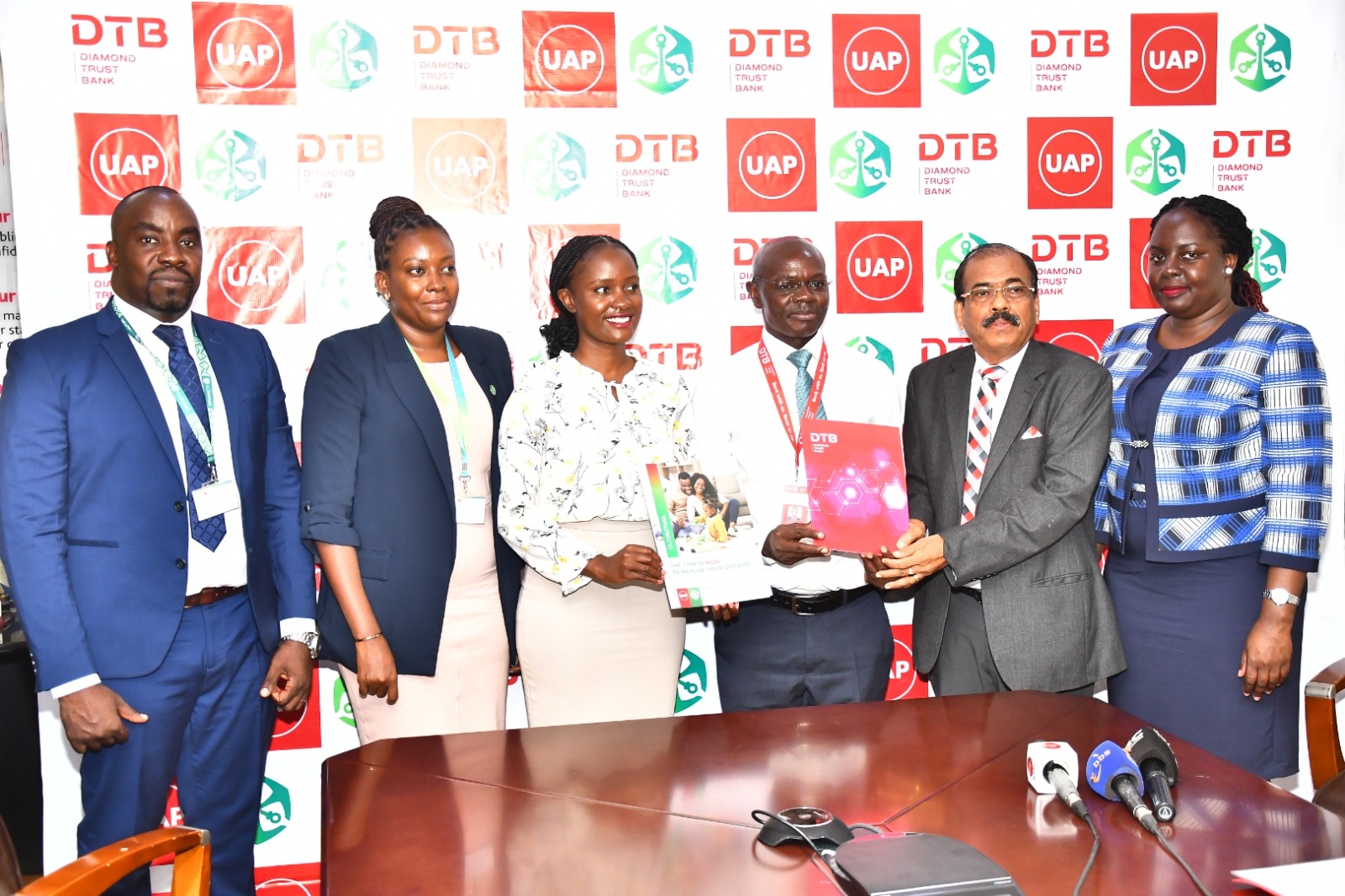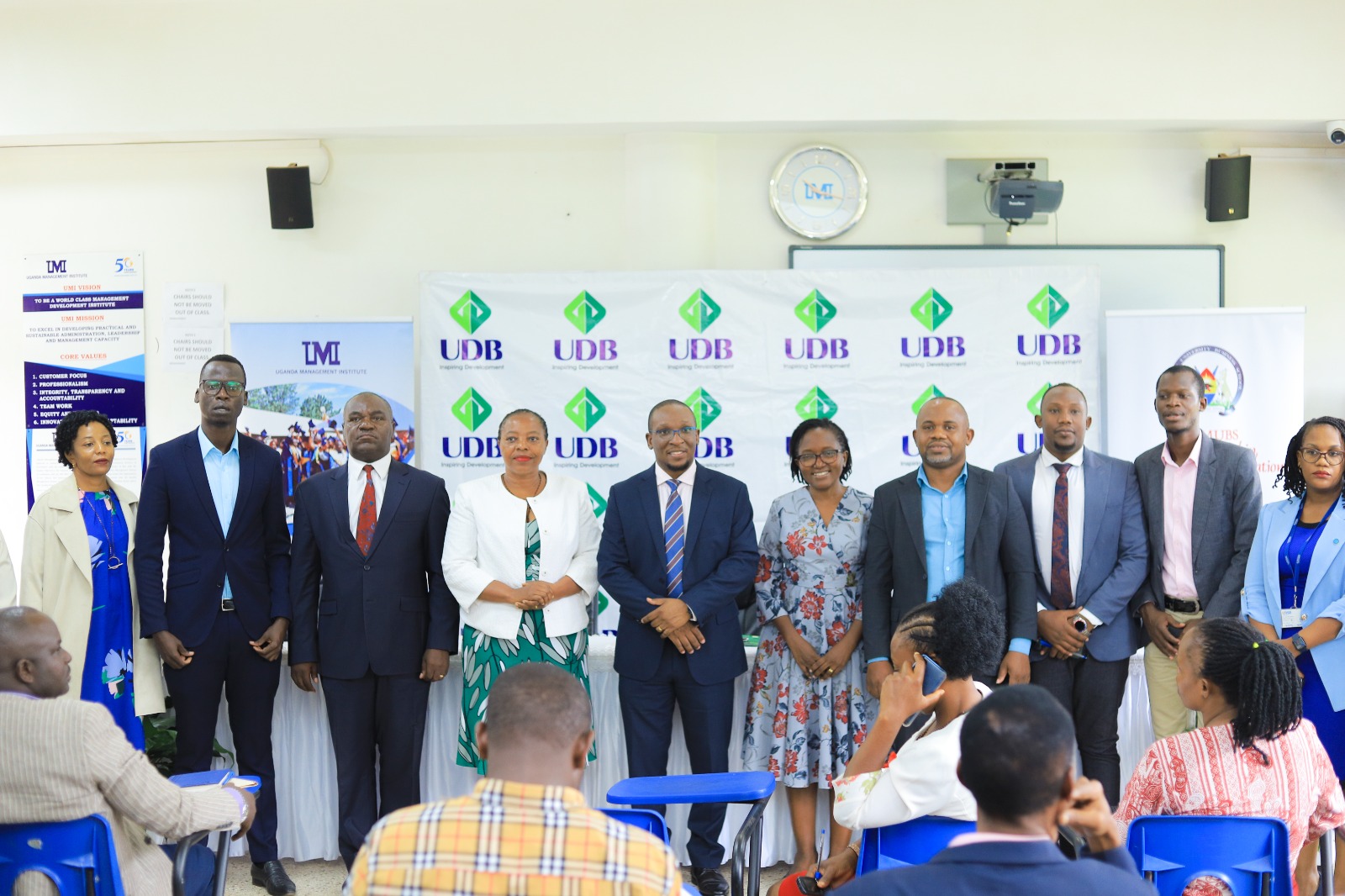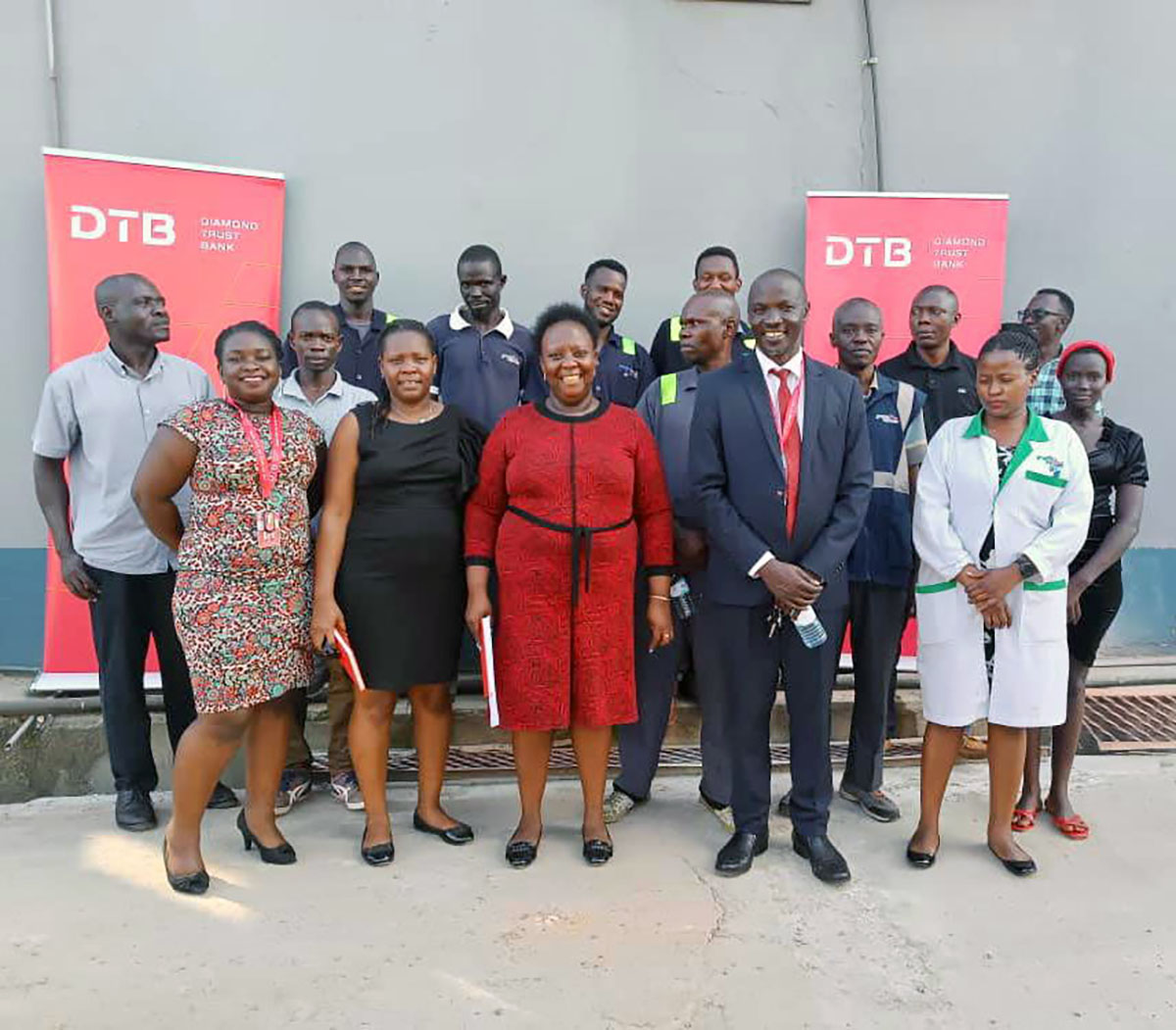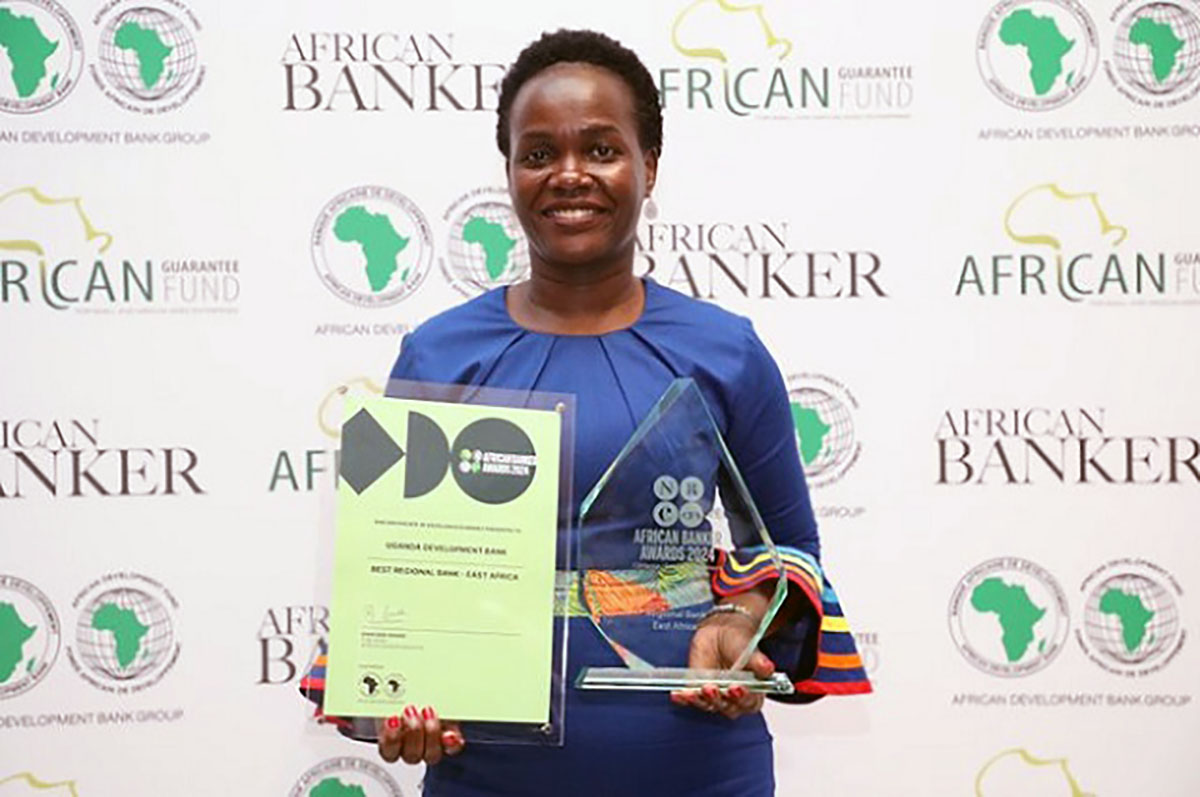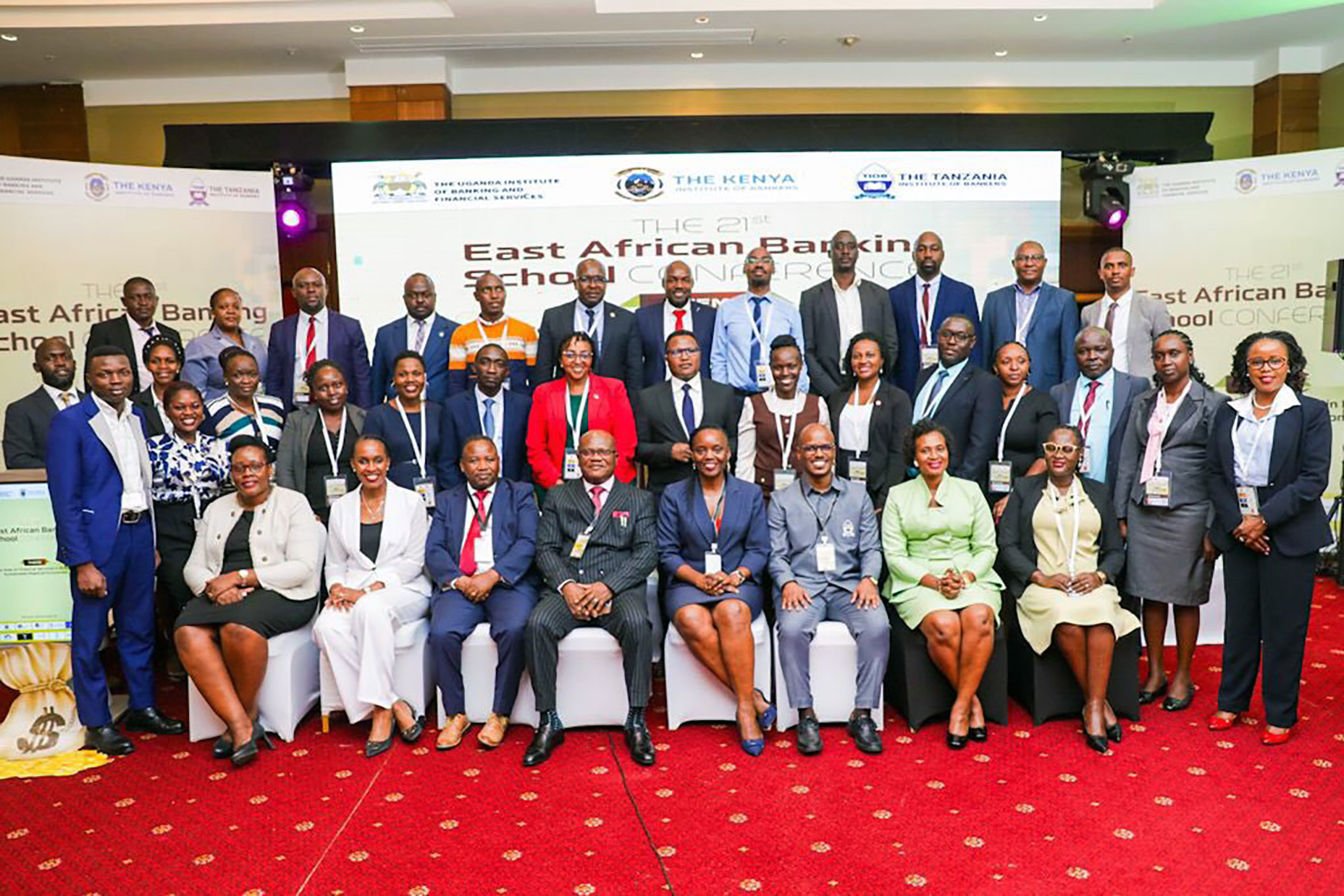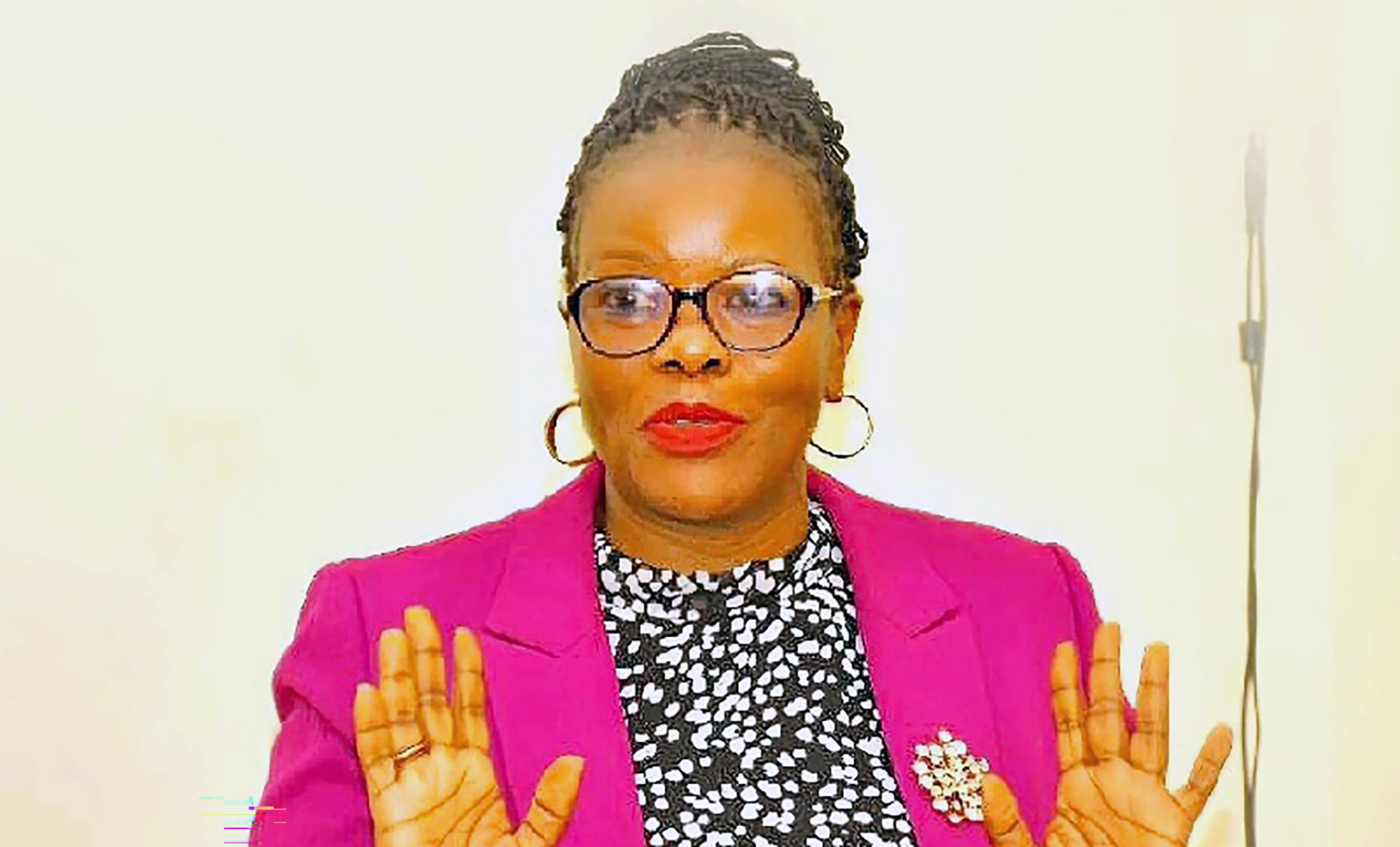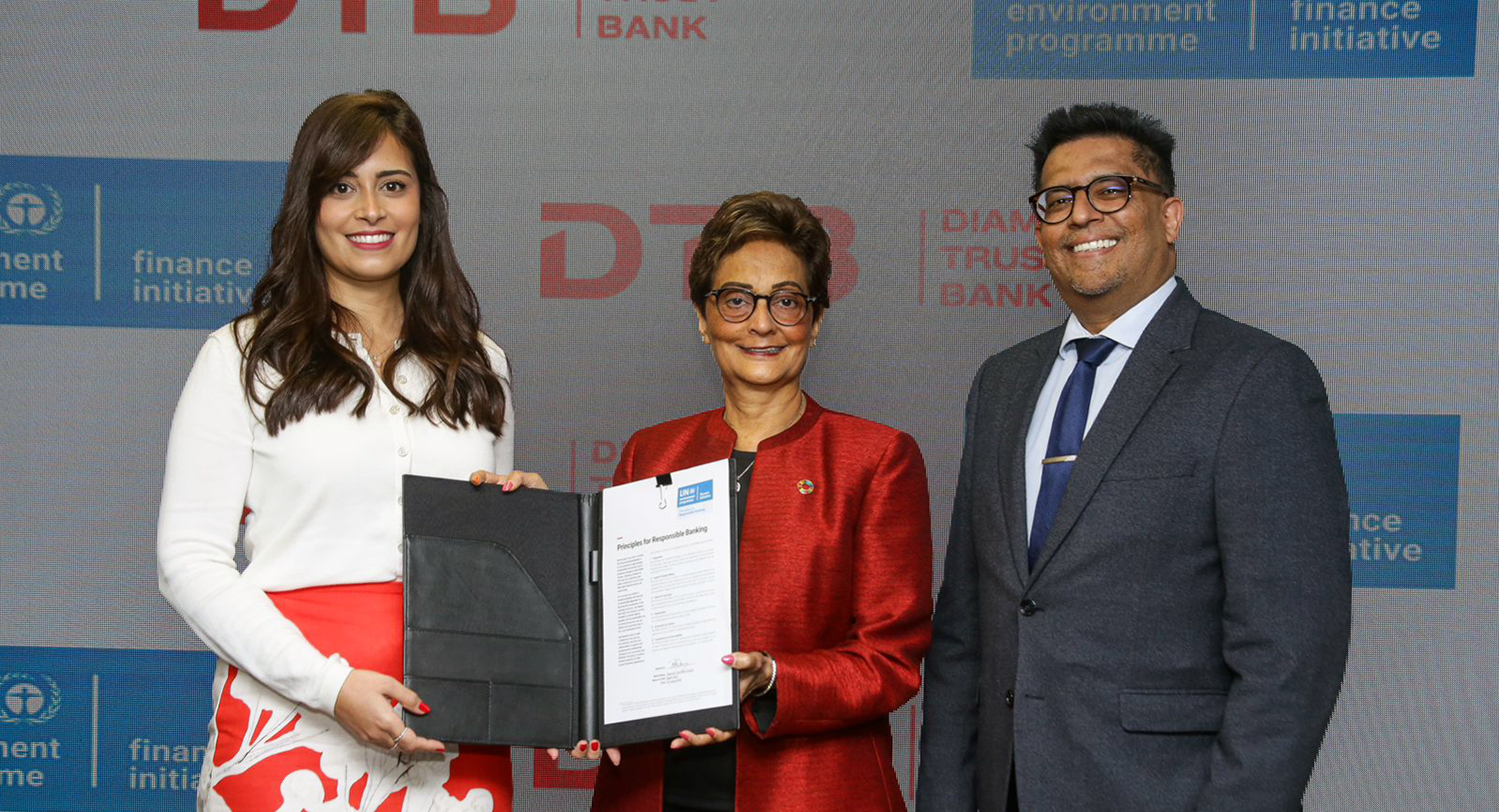Will new online lending guidelines foster responsible borrowing?

The team from UMRA addresses the media at a recent briefing. FILE PHOTO
Last month, the Uganda Microfinance Regulatory Authority (UMRA) introduced digital lending guidelines tailored for microfinance institutions (MFIs) and online lenders in a bold move towards shaping responsible lending and borrowing practices. This move signaled a concerted effort to address the challenges and opportunities presented by the digital financial landscape.
The regulator said structured lending practices are essential to protect the interests of both the lenders and the borrowers, and to promote the sustainability and impact of the microfinance sector in the country. UMRA Executive Director, Judith Tusuubira stressed, at the launch, that although today, digital lending platforms have emerged as powerful tools for providing access to credit for individuals, abusive and predatory behaviors have been reported, necessitating regulation.
"Without proper oversight, Digital lending platforms can also pose risks to vulnerable consumers. As such, our aim with these guidelines is to strike a balance - enabling innovation while ensuring consumer protection," she said.
- Tusuubira however credited the various digital lending platforms for offering innovative solutions tailored to the unique needs and challenges faced especially by low-income consumers, and serving as bridges to accessing much-needed financial resources. By leveraging technology and innovative lending models, she said these platforms offer a lifeline to individuals who may face barriers to accessing traditional banking services, thus representing a pathway to economic empowerment and financial stability.
The guidelines set forth by UMRA provide a framework for responsible lending practices, addressing issues such as transparency, affordability, and consumer protection. According to Tusuubira, they aim to create an environment where digital lenders operate ethically, mitigating risks associated with over-indebtedness and predatory lending practices.
It should be noted that the introduction of these guidelines represents a pivotal moment for the microfinance sector in Uganda. By embracing digital innovation while upholding regulatory standards, stakeholders can unlock the full potential of digital lending to drive economic growth and empowerment at the grassroots level.
- "As the digital lending landscape continues to evolve, UMRA remains committed to monitoring industry developments and refining regulations to ensure they remain effective and relevant. The journey towards responsible borrowing practices is ongoing, guided by a shared commitment to financial inclusion and consumer welfare," Tusuubira said.


Jackline Mbabazi, the Executive Director of the Association of Microfinance Institutions of Uganda (AMFIU), hailed the guidelines as a beacon for institutions navigating the digital financial realm. She lauded the government's commitment to creating an enabling environment and highlighted the collaborative effort that shaped the guidelines, ensuring their relevance and acceptance across the industry.
"While MFIs may not be traditional digital lenders, we have embraced digital financial services to offer more choices to our customers," Mbabazi affirmed. She acknowledged challenges encountered during the digital transition, such as high transaction costs and security concerns, stressing the need to address these issues for widespread adoption.
Stella Alibatesa, National Personal Data Protection Director, National Information Technology Authority (NITA) highlighted the paramount importance of robust data protection measures. As digital transactions surge and mobile money platforms proliferate across the nation, the safeguarding of personal data emerges as an urgent imperative. Alibatesa highlighted the gravity of this matter, emphasizing that robust data protection measures are indispensable in averting potential fraud and preserving individual privacy rights.
With the advent of digital lending platforms, borrowers entrust sensitive personal information to financial institutions and online lenders. However, this influx of data brings forth heightened concerns regarding its security and misuse. Alibatesa articulated the necessity for stringent safeguards to shield this data from unauthorized access and exploitation, thus fortifying the integrity of digital lending practices. Furthermore, she underscored the pivotal role of the Personal Data Protection Office in upholding data privacy standards.
- Serving as a barricade against potential breaches, this regulatory body assumes the responsibility of enforcing data protection laws and ensuring compliance within the digital lending ecosystem. Through vigilant oversight and proactive intervention, the Personal Data Protection Office aims to instill confidence among borrowers and lenders alike, fostering an environment of trust and accountability. In addition to regulatory oversight, Alibatesa emphasized the collaborative efforts required to bolster data protection within the digital lending sphere.
- "By engaging with industry stakeholders and fostering a culture of transparency, microfinance institutions can proactively address emerging threats and devise robust privacy policies that align with evolving regulatory frameworks. Through collective action and mutual commitment to data protection principles, the digital lending landscape can thrive while safeguarding the rights and interests of borrowers," she noted.
Zianah Muddu, CEO of the Financial Technology Service Providers Association (Fitspa) emphasized the imperative of collaboration and meaningful engagement within the industry to cultivate responsible borrowing practices, with a strong emphasis on integrity and accountability. "As Uganda strides forward in embracing digital financial services to enhance financial inclusion, the introduction of these guidelines marks a significant leap towards establishing a transparent and inclusive lending ecosystem," she said.
She added that through concerted efforts among regulators, industry players, and stakeholders, the objective is to surmount challenges and leverage the opportunities presented by digital lending for the collective welfare of all citizens. According to Zziyana, the pursuit of digital financial inclusion persists, underpinned by an unwavering commitment to ethical conduct, robust data protection measures, and responsible lending practices.
Yet, the pivotal question remains: Can these digital lending guidelines genuinely cultivate responsible borrowing practices? Zziyana suggests that the answer lies not only in the formulation of policies but also in the collaborative endeavors and steadfast commitments of all stakeholders involved.















